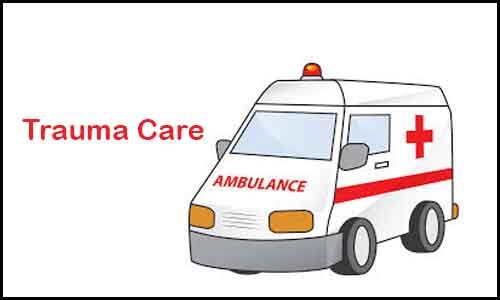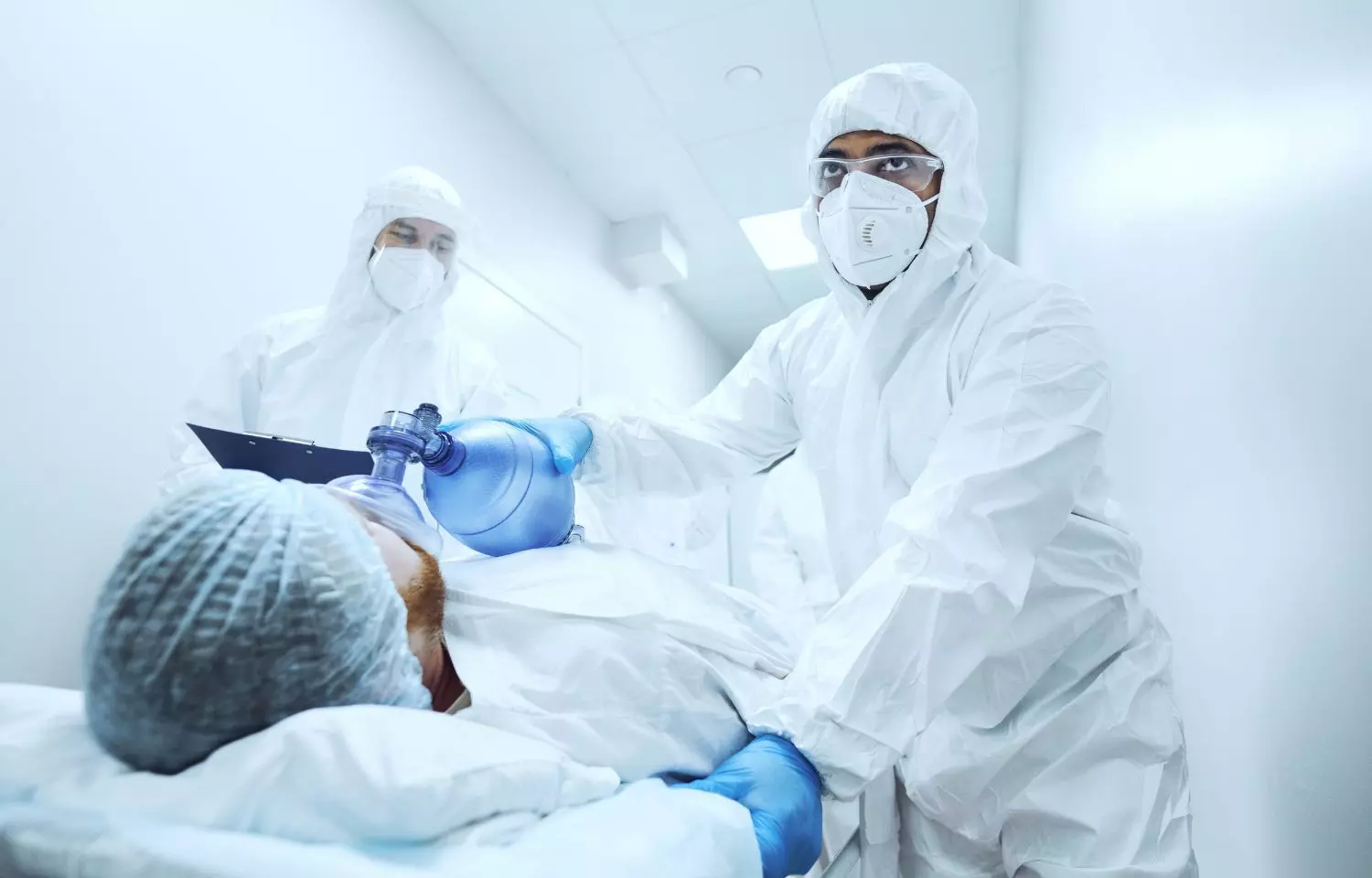- Home
- Medical news & Guidelines
- Anesthesiology
- Cardiology and CTVS
- Critical Care
- Dentistry
- Dermatology
- Diabetes and Endocrinology
- ENT
- Gastroenterology
- Medicine
- Nephrology
- Neurology
- Obstretics-Gynaecology
- Oncology
- Ophthalmology
- Orthopaedics
- Pediatrics-Neonatology
- Psychiatry
- Pulmonology
- Radiology
- Surgery
- Urology
- Laboratory Medicine
- Diet
- Nursing
- Paramedical
- Physiotherapy
- Health news
- Fact Check
- Bone Health Fact Check
- Brain Health Fact Check
- Cancer Related Fact Check
- Child Care Fact Check
- Dental and oral health fact check
- Diabetes and metabolic health fact check
- Diet and Nutrition Fact Check
- Eye and ENT Care Fact Check
- Fitness fact check
- Gut health fact check
- Heart health fact check
- Kidney health fact check
- Medical education fact check
- Men's health fact check
- Respiratory fact check
- Skin and hair care fact check
- Vaccine and Immunization fact check
- Women's health fact check
- AYUSH
- State News
- Andaman and Nicobar Islands
- Andhra Pradesh
- Arunachal Pradesh
- Assam
- Bihar
- Chandigarh
- Chattisgarh
- Dadra and Nagar Haveli
- Daman and Diu
- Delhi
- Goa
- Gujarat
- Haryana
- Himachal Pradesh
- Jammu & Kashmir
- Jharkhand
- Karnataka
- Kerala
- Ladakh
- Lakshadweep
- Madhya Pradesh
- Maharashtra
- Manipur
- Meghalaya
- Mizoram
- Nagaland
- Odisha
- Puducherry
- Punjab
- Rajasthan
- Sikkim
- Tamil Nadu
- Telangana
- Tripura
- Uttar Pradesh
- Uttrakhand
- West Bengal
- Medical Education
- Industry
Rib Fixation has no great edge in non-flail, non-ventilator dependent rib fractures

Rib fixation for non-flail, non-ventilator-dependent rib fractures has shown no improvements in pain or quality of life at 3 and 6 months as per a study that was published in 'The Journal of Trauma and Acute Care Surgery.'
Rib fractures are common and can cause significant pain and disability in patients. The level 1 evidence for rib fixation in non–ventilator-dependent patients with chest wall injuries is minimal. So, researchers conducted a study to assess pain and quality of life (QoL) outcomes in patients with multiple painful displaced fractured ribs with and without operative fixation based on the hypothesis that surgical stabilization of rib fractures would reduce pain and improve QoL in 6 months. Hence a prospective multicenter randomized controlled trial was done comparing rib fixation to nonoperative management of nonventilated patients who have at least three consecutive rib fractures and have ongoing pain. The pain was assessed using the McGill pain questionnaire and Quality of life was assessed using Short Form 12 at 3- and 6 months post-injury. Patients were enrolled by the surgeons based on clinical equipoise. Patients who needed surgical fixation or who were too well to be randomized to rib fixation were not enrolled.
Results:
- A total of 124 patients were enrolled at four sites between 2017 and 2020.
- Sixty-one patients were randomized to operative management and 63 to nonoperative management.
- No differences were seen in the primary endpoint of the Pain Rating Index at 3 months or in the QoL measures.
- Return-to-work rates improved between 3 and 6 months, favoring the operative group.
Thus, the researchers found from the study that no improvements in pain or QoL at 3 and 6 months was seen in patients undergoing rib fixation for nonflail, non–ventilator-dependent rib fractures.
To read the full article, click here: 10.1097/TA.0000000000003549
Marasco SF, Balogh ZJ, Wullschleger ME, et al. Rib fixation in non-ventilator dependent chest wall injuries. Journal of Trauma and Acute Care Surgery. 2022; Publish Ahead of Print.
BDS, MDS
Dr.Niharika Harsha B (BDS,MDS) completed her BDS from Govt Dental College, Hyderabad and MDS from Dr.NTR University of health sciences(Now Kaloji Rao University). She has 4 years of private dental practice and worked for 2 years as Consultant Oral Radiologist at a Dental Imaging Centre in Hyderabad. She worked as Research Assistant and scientific writer in the development of Oral Anti cancer screening device with her seniors. She has a deep intriguing wish in writing highly engaging, captivating and informative medical content for a wider audience. She can be contacted at editorial@medicaldialogues.in.
Dr Kamal Kant Kohli-MBBS, DTCD- a chest specialist with more than 30 years of practice and a flair for writing clinical articles, Dr Kamal Kant Kohli joined Medical Dialogues as a Chief Editor of Medical News. Besides writing articles, as an editor, he proofreads and verifies all the medical content published on Medical Dialogues including those coming from journals, studies,medical conferences,guidelines etc. Email: drkohli@medicaldialogues.in. Contact no. 011-43720751




